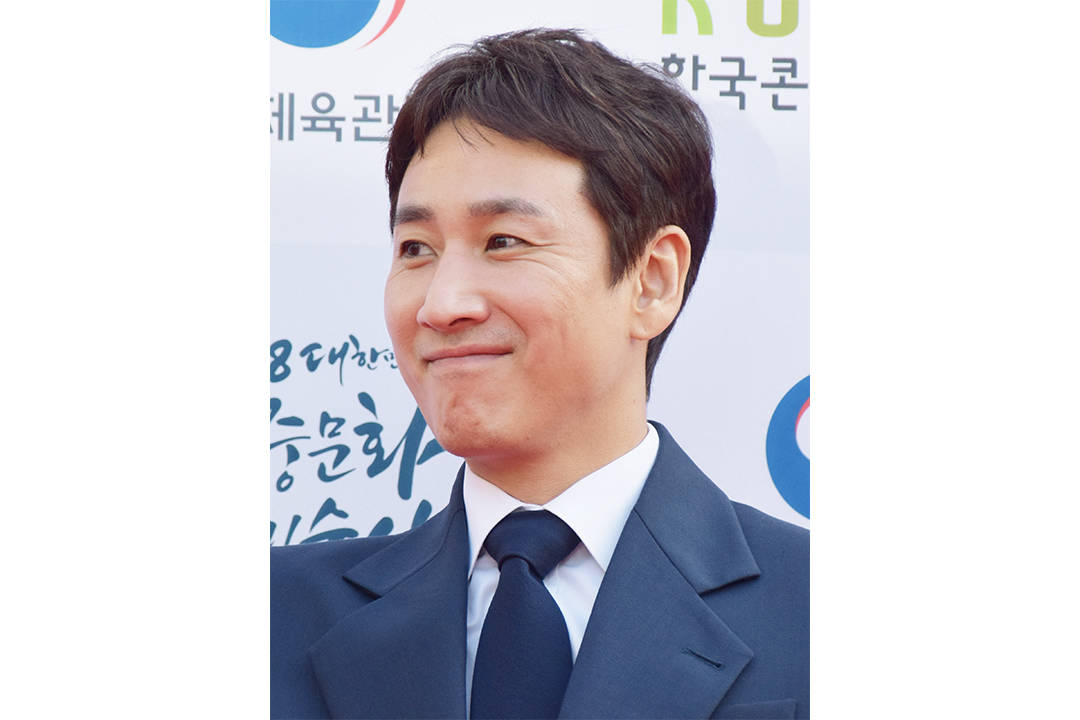Content warning: This article mentions death by suicide and torture.
One of the charms of Seoul is the five well-preserved, majestic palaces that serve as remnants of the Joseon Dynasty. On a particularly warm December day, I visited Changgyeong Palace with an agenda: walking through the palace according to the scenes in Hong Sang-soo’s 2013 film Our Sunhi.
In Our Sunhi, actor Lee Sun-kyun is distinctly memorable. He is awkwardly annoying, boyishly querulous, and overly intrusive about his muse, Sunhi. And I think his tactless, outdated romantic skills make his scenes at Changgyeong Palace all the better: the centuries-old ancient Palace seems to neutralize his antiquated behaviour.
Mere minutes after reenacting a scene of Lee’s, I saw the news. Lee had died by suicide. At age 48, he was no longer.
Since October, the police had been investigating Lee for his alleged illegal drug use. A Seoul bar hostess accused Lee of using marijuana and ketamine — which are illegal in South Korea — among other substances. Before his death, he underwent three separate rounds of questioning by the police, including one which spanned a total of 19 hours. By the third questioning, Lee had tested negative for both a reagent test and detailed analysis via hair samples.
All the while, the media was there, filling every gap Lee could breathe through. The police denied Lee’s request for the date of his final questioning appearance to remain confidential after reporters swarmed him before his first two. In November, South Korea’s national broadcaster, the Korean Broadcasting System (KBS), stooped down to tabloid-style journalism and revealed an excerpt of Lee’s phone call with the hostess. Their supposed illicit affair was ridiculed among the Korean public — 90 per cent of whom are on social media, according to a survey by OOSGA, a market consulting firm.
I refuse to enumerate further what else Lee was humiliated for because enough of it has been exposed, circulated, and chewed on. The social media posts that dominated my feeds since October provided me and millions of South Koreans with Lee’s private life that was entirely irrelevant to the crime he was being investigated for.
While Lee’s role in Parasite gave him international renown, his performance as Park Dong-hoon in the 2018 television series My Mister stayed with many Koreans. On my feed, I saw numerous commenters complain that they wouldn’t be able to watch the series anymore in disappointment. Lee and Park were inseparable from the public, so viewers’ subsequent frustration and obsession intensified.
Koreans use the word “in-gyeok,” (인격) which is often translated to “personality,” but is more accurately the consistent ego identity that defines one’s dignity. The sacrilege of in-gyeok is worse than mere humiliation, as it is akin to the loss of your dignity and, hence, your identity and self. What Lee lost in the process of the police’s interrogation and violently intrusive media involvement is his in-gyeok and himself.
Even after his death, major conservative newspaper Chosun-Ilbo’s television network TV Chosun disclosed parts of Lee’s suicide note — despite his family’s request for confidentiality. YouTube channels claiming to know more about the case than the public racked up millions of views with their privacy-encroaching videos. The fact that Lee is survived by his wife and two young sons seems to hold no moral significance to media leeches.
It’s been difficult to swallow how vicious humans can be to others. This disbelief in human nature was stirred in me when I was reading about the corporal punishments that were carried out in the Joseon Dynasty. Paintings from the time depict dehumanizing torture methods — while crowds of civilians observe the torture scenes. Many evidently found the scene entertaining, or captivating at least.
This feels eerily similar to the media’s public torture of Lee’s in-gyeok and the public reception to it — but the public doesn’t want to see these criticisms pointed out. When famous lyricist Kim Eana posted a eulogy for Lee on her Instagram account with a fairly acerbic take on the passive audience that allowed such media to persist, she was criticized to the point where she had to take the post down. Many commented that she had no place lecturing the public about something that they cannot help.
But we can. Just listen to the head of KBS’ social department, Park Hee-bong. He defended KBS’ right to the exposé of Lee’s phone calls for it being a matter of great social interest. This is a flawed, sensationalist journalistic approach but simultaneously a testament to how public interest helped feed the monster of Korean media and the extent to which we are responsible for Lee’s treatment by the media. We must make a conscientious effort to remove our attention from coverage that damages the soul of a person, and call out journalism and social media posts that do this. And, at this point, we owe our attention to artists like Bong Joon-ho calling for an investigation into police’s and media’s role in Lee’s death.
The life Lee led outside of the camera was outside for a reason — we didn’t need to probe into it. Lee dedicated his life to creating lives inside the camera and we were gifted the opportunity to watch those instead. The lives of Lee’s characters inside the camera are immortal — Lee’s life outside the camera is not. So why did we conflate the two? Why did we treat his life outside the camera as if it would always be there, no matter how much people spat on it?
I mourn for both Lee’s life outside the camera and the many more lives he could have created inside the camera. I mourn the loss of the opportunity for him to create another immortal character, one that could drive a person to take themselves to a film location just to feel what he felt — as I did on the day of his death. Rest in peace to the identity, dignity, and soul of Lee Sun-kyun.


